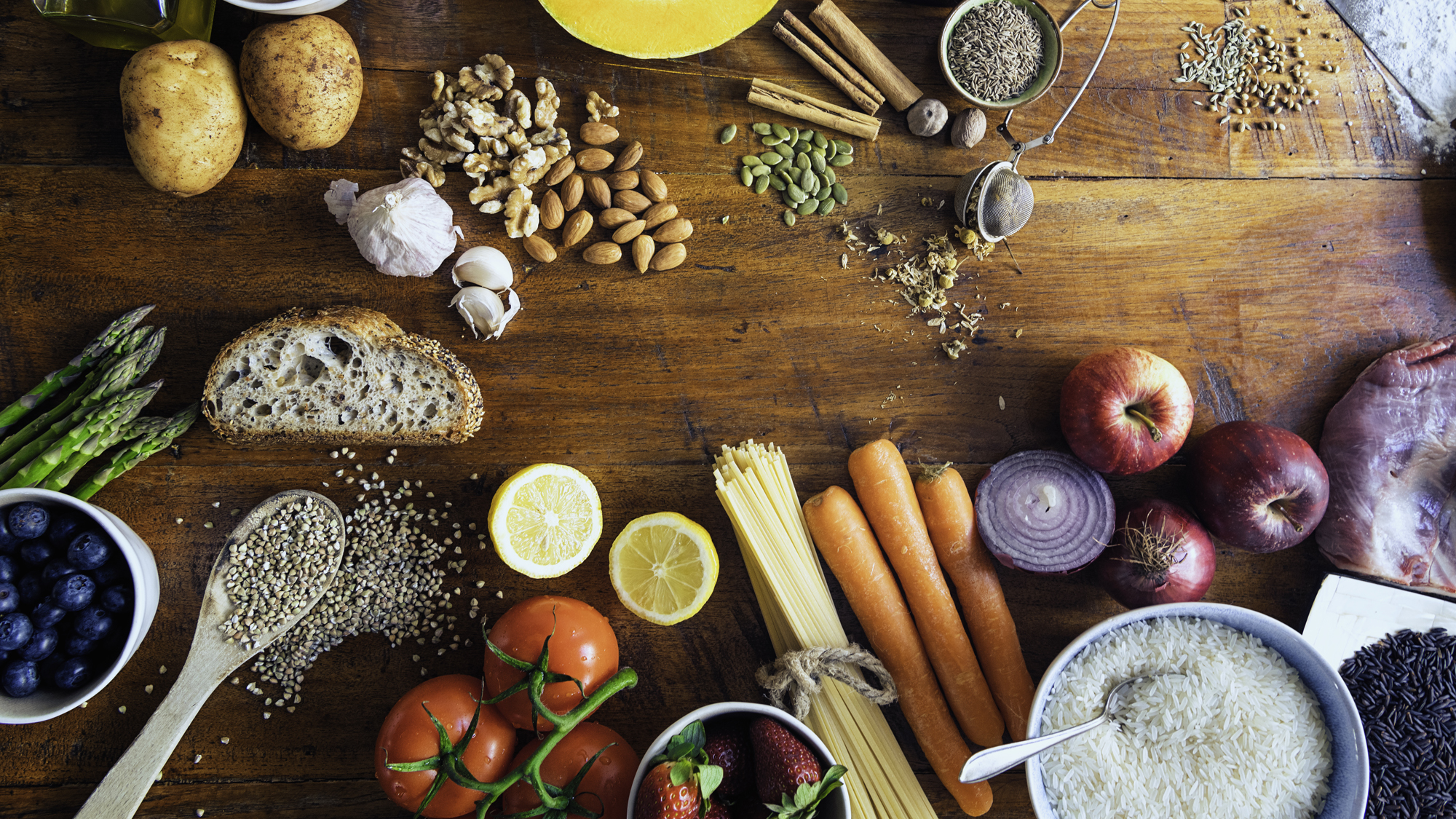Ultra-processed foods are bad for your heart, here's what to eat instead
Switching out processed foods for home-cooked staples can reduce the risk of memory loss, heart attack, and stroke


Start your week with achievable workout ideas, health tips and wellbeing advice in your inbox.
You are now subscribed
Your newsletter sign-up was successful
After eating a large pizza or big bowl of pasta, many of us feel our stomachs expand and sleepiness set in. It's not just carb-heavy meals either; you probably felt the same after your Thanksgiving dinner too.
It's one of the most noticeable ways that the food we eat affects our bodies, but most of these changes are internal. If you've been thinking about shaking up your diet to reduce these effects, it's always worth reminding yourself of how to eat healthily.
In recent years, there's been a lot of talk about how ultra-processed foods impact our health. Adding to the already substantial weight of evidence, a new study published in the European Heart Journal has found that these foods increase your risk of stroke and heart attack.
The team followed 1,171 people with pre-existing cardiovascular disease and an average age of 67 for ten years and analyzed their diets against health outcomes. The researchers were mainly focused on the impacts of ultra-processed foods.
These are made with oils and other products not usually used in home or restaurant cooking and generally have other additives like sugar, preservatives, flavor enhancers, and dyes.
The study's author noted that "people with a higher consumption of ultra-processed foods have a two-thirds increased risk of a second heart attack or stroke" and that the risk of death increases by 40% compared to those with lower amounts of these foods.
It's a worrying conclusion, though you may be wondering how they affect you if you don't have cardiovascular disease. Past research has also found that ultra-processed foods can cause weight gain and memory loss.
Start your week with achievable workout ideas, health tips and wellbeing advice in your inbox.
You can reduce these health-related troubles by switching up your diet and cooking more fresh food from scratch. The Mediterranean diet is one of the most scientifically-backed eating plans, and reduces your risk of cancer, lowers your blood pressure, and helps you lose weight.
Mediterranean diet foods
- Vegetables
- Fruits
- Nuts and seeds
- Fish
- Potatoes
- Whole grains
- Olive oil
- Herbs and spices
While you might think of spices as all about adding flavor to your meals, there are health benefits too. Recent research found that adding herbs and spices to your food can lower your blood pressure.
After reducing the amount of processed food in your diet, you might find that you also start to enjoy cooking, preparing meals, or even using one of the best blenders to make smoothies, sauces, or soups.
The Mediterranean diet includes oily fish, but if you're not able to add a few portions a week into your meals, then it's worth keeping your Omega-3 levels topped up with the best fish oil supplements.

James is a London-based journalist and Fitness Editor at Fit&Well. He has over five years experience in fitness tech, including time spent as the Buyer’s Guide Editor and Staff Writer at technology publication MakeUseOf. In 2014 he was diagnosed with a chronic health condition, which spurred his interest in health, fitness, and lifestyle management.
In the years since, he has become a devoted meditator, experimented with workout styles and exercises, and used various gadgets to monitor his health. In recent times, James has been absorbed by the intersection between mental health, fitness, sustainability, and environmentalism. When not concerning himself with health and technology, James can be found excitedly checking out each week’s New Music Friday releases.